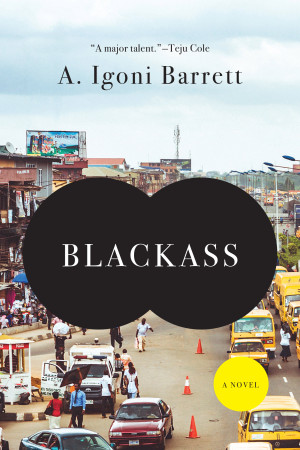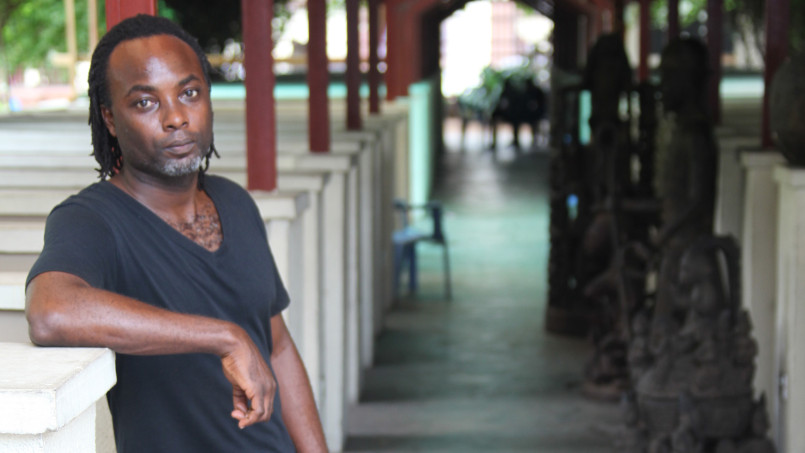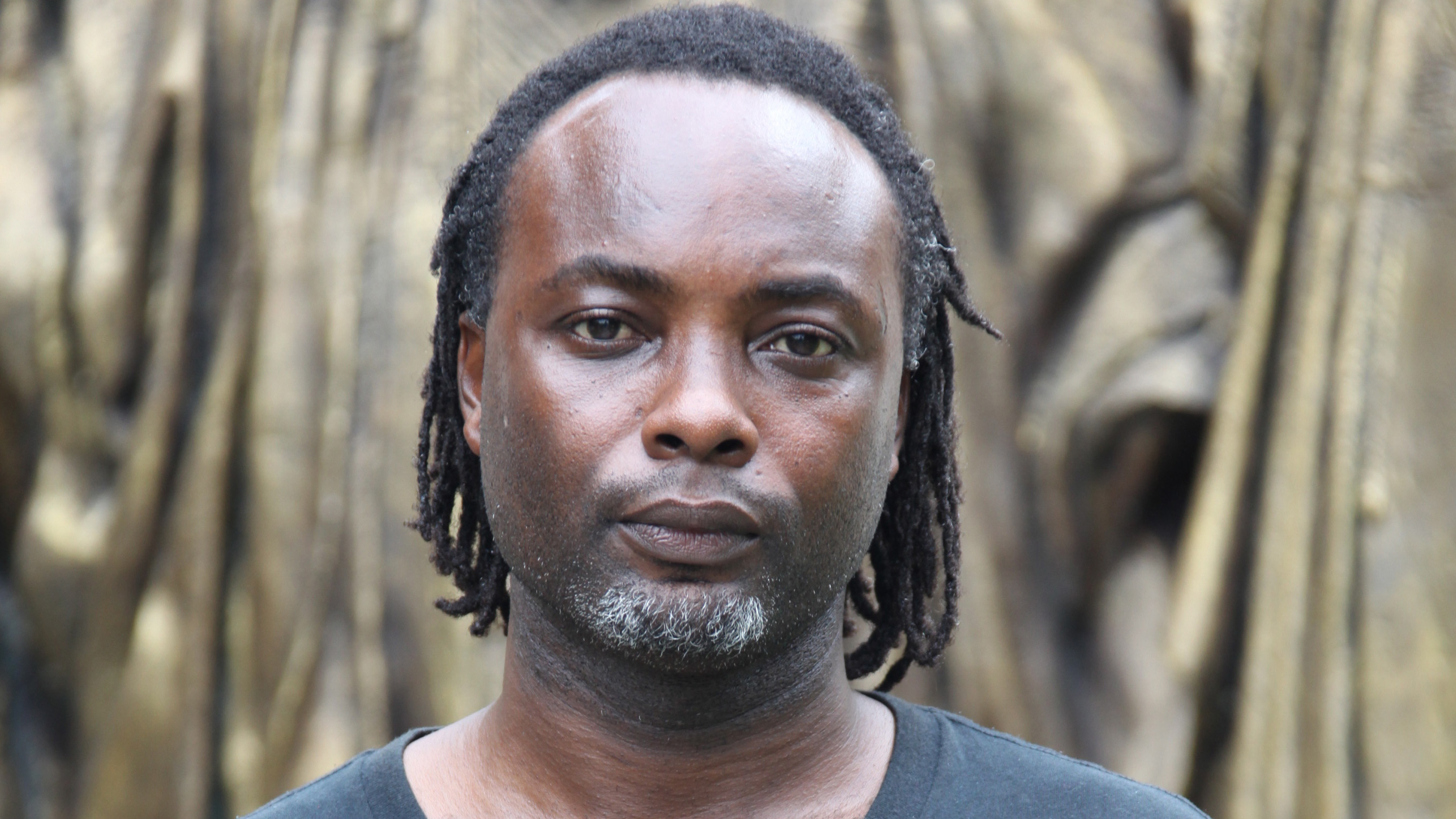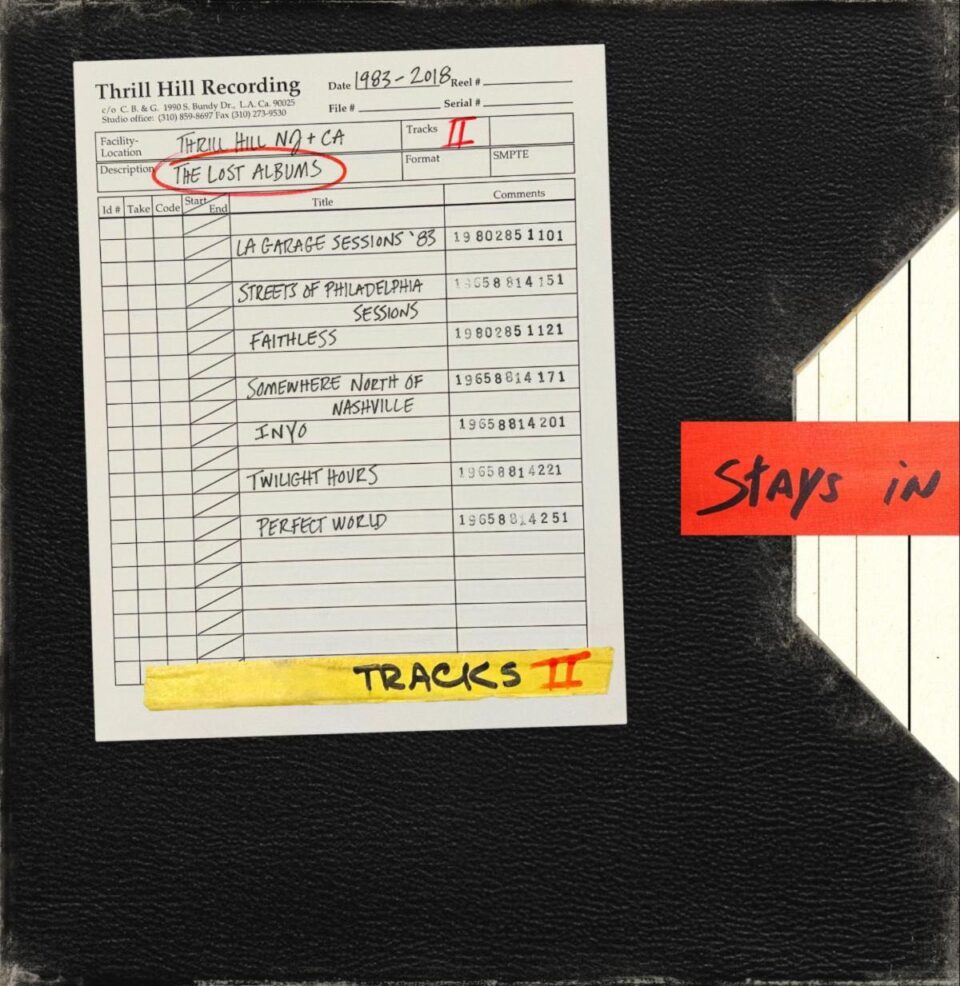“No one asks to be born, to be black or white or any colour in between, and yet the identity a person is born into becomes the hardest to explain to the world.”
Thus says the narrator of A. Igoni Barrett’s Blackass. Such invisible immutability comes in many forms in the Nigerian writer’s debut novel: there’s the city of Lagos, presented as permanently under construction, where the appearance of chaos forms a kind of order. There’s the novelist himself, who appears in the novel as a trans woman who retains male genitalia. And of course there’s the story’s protagonist, Furo Wariboko, who wakes up one morning in his home on the outskirts of Lagos to discover that, in the night, his hair has turned red, his eyes have turned green, and his skin has turned white—all except for his gloriously unbleached posterior. It’s a premise so rich we named the release of Blackass one of our most anticipated arts and culture events of the year.
 While Furo does enjoy the kinds of privileges you might expect from such a transformation—he goes ahead with a previously scheduled job interview and not only impresses the boss but is hired for a higher-ranking position he’s totally unqualified to fill—he also experiences Lagos as an outsider. As he makes his way across town, he’s gawked at and called “oyibo” by passersby. Indeed, the pidgin term for a person of European descent rings across just about every page of Blackass, and while it’s not an inherently pejorative term, the intended meaning is always clear: you don’t belong here; this is not your place.
While Furo does enjoy the kinds of privileges you might expect from such a transformation—he goes ahead with a previously scheduled job interview and not only impresses the boss but is hired for a higher-ranking position he’s totally unqualified to fill—he also experiences Lagos as an outsider. As he makes his way across town, he’s gawked at and called “oyibo” by passersby. Indeed, the pidgin term for a person of European descent rings across just about every page of Blackass, and while it’s not an inherently pejorative term, the intended meaning is always clear: you don’t belong here; this is not your place.
In Barrett’s Lagos, language and culture turn out to be the true arbiters of identity; when Furo orders food from a roadside stand with authority, or when he answers a challenger in heavily localized English—rather than the form he uses at the office—he’s not only accepted, but celebrated as an apparent stranger who is nevertheless authentically Nigerian.
Which isn’t to say that Blackass is some staid theoretical exercise; it is called Blackass, after all. Barrett knows how to weave a tale—his 2013 short story collection Love Is Power, or Something Like That made its way to NPR’s best books of 2013 list, and he was the recipient of a Chinua Achebe Center fellowship in 2010 as well as a Norman Mailer Center fellowship in 2011.
On the very last day of a month-long US tour promoting the American release of Blackass, we gave Barrett a call to talk about his novel, his audience, and what comes next.
How did you get into writing?
Basically, I came to writing through reading. In 2001, when I was studying agriculture at university, I read a novel that changed me, and at that point I realized I had to learn how to write. [But] Nigerian universities don’t have MFA programs. There were no young writers, no writing workshops—I had to learn to write on my own. One of the things I quickly discovered was that there was an available community of writers out in the world on the Internet.
So at some point I went online and registered for a literary forum, where I would post my stories. People would comment on them, and I’d take those comments and try to look at my stories through other people’s eyes. I did that for some years, then I began to submit my work to magazines, where I’d get edited. I learned how to write through the comments of anonymous strangers and the editors of literary magazines.
You began as a short-story writer and your two story collections were well received. Why move to the novel?
“Sometime in 2011, I had a sentence pop into my head: ‘A young man wakes up on the morning of an important job interview to discover that he’s white.’”
It was something new, in the first place. And I wanted to do something novel with the novel. There’s also [always] that pressure on the prose writer to write a novel. When my short-story collection came out, even the reviewers would say, “We can’t wait to see the novel he’ll write.” I didn’t feel that I needed to write a novel for that reason, but because I wanted to explore and see if I could do it. And I knew I could run back to the short story if the novel turned out to not be my forte.
The conceit of your novel mimics that of Kafka’s Metamorphosis, which famously begins with the protagonist Gregor Samsa awakening to discover that he’s become an insect. What was the genesis of Blackass?
The idea first came to me as a sentence. Sometime in 2011, I had a sentence pop into my head: “A young man wakes up on the morning of an important job interview to discover that he’s white.” I have no idea where that sentence came from, but I put it in my notebook because it sounded intriguing. The more I read this idea, the more I wanted to write something different. I didn’t want to write the sort of novel usually expected from a first-time novelist: a coming-of-age story, [or] a story of war. I felt bored by those topics and I wanted to write something new. And then I got to this idea, which was totally different from anything I’d written before.

A. Igoni Barrett / photo by Victor Ehikhamenor
Once I sat down to write it, I realized that this was the Metamorphosis. I’d read it six or seven times before, but I sat down and re-read it, and this time I realized I had a stake in the story. I found myself rooting for Gregor Samsa, asking why he wouldn’t go out into the world and explore his insect-hood, why he was so intent on remaining in his bedroom and trying to win the love of parents who couldn’t love him in his new form. Once I finished that story, I knew two things. One, that my story would be more interested in the social aspects of my character’s transformation. For Kafka it was more existential, and it all took place in his room; I had a [desire] to move outward and engage with society. And two, I knew my character would be the opposite of Gregor Samsa.
To me, the story’s willingness to engage with society and try to determine what life would be like for someone like this is what makes it so intriguing. Why make it a social novel rather than a fantastical novel?
Because it felt real to me. I could see the transformation, I could feel the characters. It wasn’t a conscious decision to go for the realistic; it was the way I engaged with this character. But in the end, all fiction is fantastical, because it’s fiction. Even a socially realistic novel—let’s say War and Peace—is as fantastic as One Hundred Years of Solitude, because it all comes out of our heads.
No matter what you engage in with the novelistic form, you’re going at a truth that non-fiction can’t engage, because it has to be true to life and true to facts. Fiction has the freedom to go beyond that. So if you’re going for fiction, go for the truth, and go for it by whatever means you have at your disposal.
“If you’re going for fiction, go for the truth, and go for it by whatever means you have at your disposal.”
You’re unafraid to have your characters speak to one another in pidgin, which can be a challenge for a non-Nigerian to parse. Are you writing for a Nigerian audience?
That’s a difficult question. Let’s put it this way: I’m a Nigerian writer living in Nigerian society writing about Nigerian society. But I’m also a human writer living in the world today and writing to be read by humans.
Of course, in the first place, I’m writing for myself. The only reason I’d dedicate three years of my life to writing a book without any certainty of publication is because I need to write a book and ask those questions of myself.
But then, I’m writing for Nigerians also, because the language of my work in many ways is Nigerian. The social engagement is Nigerian. But at the same time, I’m writing to be read by everybody in the hope that anybody who’s willing to pick up my book and who has access to the language will get something out of it. Because, again, I came to writing through reading people like Tolstoy, who wrote in Russian for Russians, but I got something out of him. Dostoevsky, García Márquez, Thomas Mann: all these writers wrote in languages other than English and yet spoke to this Nigerian kid. I’m writing to deal with certain situations within a society I understand, but it’s a story I hope will engage with and entertain and transform human beings across time. That’s the sort of ambition I bring to my writing.
What are you working on now?
A book in my head. I’ve given myself a deadline of June to start writing. I actually finished writing Blackass in January 2015, so it’s been more than a year since I’ve sat down to write a book-length work. I’m beginning to feel useless as a writer, so I need to get back. Once I get back to Nigeria, I intend to settle in to the next book. FL









